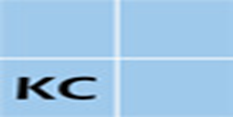
Name of Journal:
International Journal of the Universe and Humanity in Islamic Vision and Perspective
Journal Frequency: 2 Issues Per Year (Bi Annual)
ISSN Online: 3078-297X
ISSN Print: 3078-2961
Language: English
Publisher Address:
Research Corridor Inc. Canada
272 Belmore Crt, Milton, L9E IH4, Canada
Research Corridor (PVT) Ltd, Pakistan























